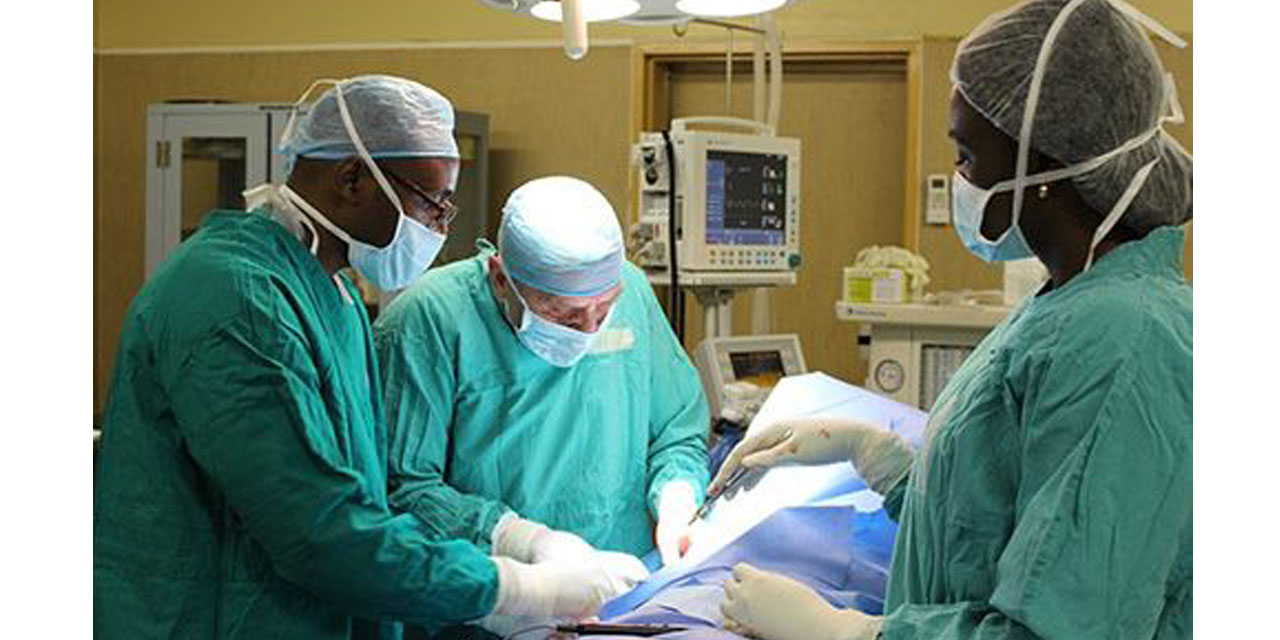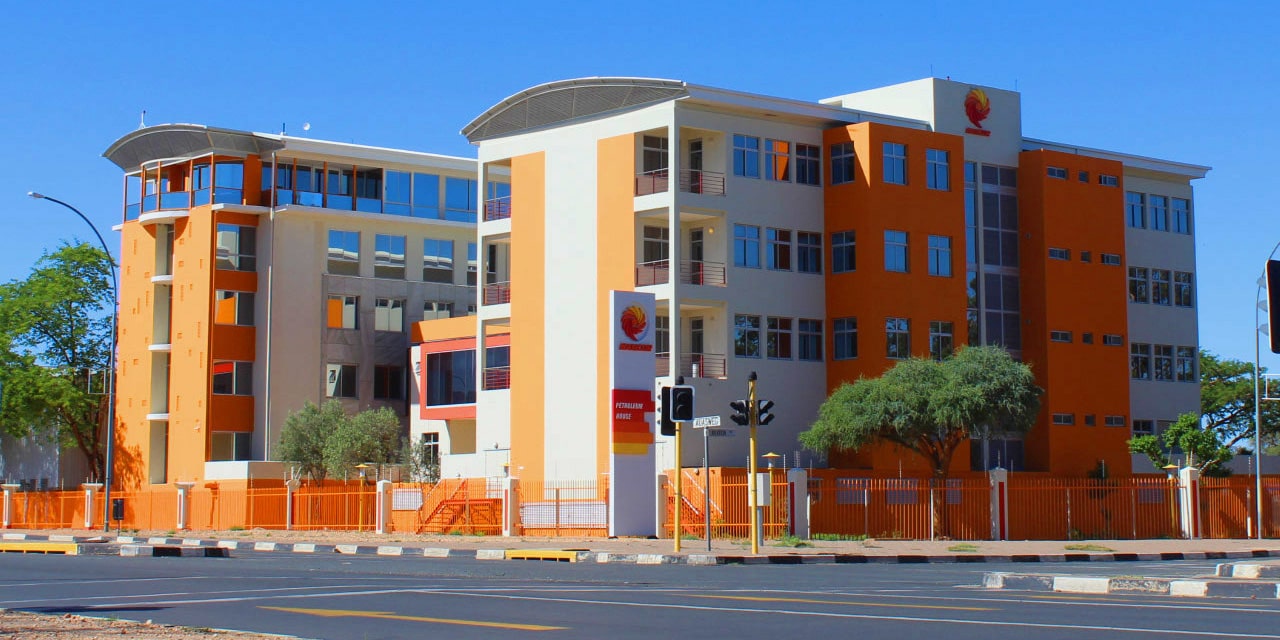Hertta-Maria Amutenja
Hospital and clinics in the Zambezi region are struggling to deliver adequate health services to residents due to outdated facilities, staff shortages, and limited funding, the National Council’s Standing Committee on Health, Social Welfare, and Labour Affairs has been told.
The dilapidated state of healthcare facilities in the Zambezi region was brought to the fore when National Council Committee member met regional Health Ministry representatives yesterday to review the state of health facilities and the problems they face in providing quality healthcare.
“Katima Mulilo District Hospital, the Zambezi region’s only hospital, is suffering from a lack of critical renovations,” the Committee was told.
The representatives identified a number of departments in desperate need of attention.
“We noticed that our hospital is in a dilapidated state and in need of an upgrade. A lot of departments in the hospital require immediate care. Like our theatre, maternity ward, social services, and oral health departments. We also have insufficient funding allocation for infrastructure and medical equipment maintenance. The procurement process is also very slow and complicated, and it hinders the majority of our development in the region,” a Health Ministry representative said.
There is one hospital, three healthcare centres, and 36 basic health care clinics in the region.
Furthermore, the Committee heard that insufficient office space adds to the difficulties experienced by the expanding number of dedicated staff members who work tirelessly to serve the community.
“Inadequate budget allocation for infrastructure upkeep and medical equipment is one of the primary challenges confronting healthcare facilities in the region. In critical areas, a shortage of finances impedes progress and improvement. Furthermore, the lengthy and complicated procurement process only exacerbates delays in vital improvements and purchasing critical medical resources.”
According to the representatives, the fleet of vehicles is old, and is producing logistical nightmares for healthcare professionals.
“The majority of our automobiles are elderly. Vehicles routinely break down, and people are unable to accomplish their aims or reach their destinations,” the Committee heard.
The difficulties go beyond infrastructure and medical equipment as the district hospital, which is a vital lifeline for many locals, is also experiencing bed shortages.
According to Health Ministry representatives, patients are sometimes compelled to use soiled linen, which raises worries about infection and patient safety.
According to the representative, healthcare personnel in rural areas confront a dearth of acceptable staff housing, and nurses are frequently forced to share tight living spaces.
“We also have a shortage of staff housing in rural areas of the region where there are no rental facilities. We have cases when three nurses share a one-bedroom house, with two nurses sharing a bedroom and one taking over the living room.
Furthermore, one of the representatives stated that the much-needed 24-hour health facility approved for the Kongola village has stagnated, adding to the strain on existing clinics and healthcare facilities.
The project was designed to relieve pressure on clinics and respond to motor vehicle accidents along the Trans Caprivi Highway.
However, Health Ministry representatives said that the 24-hour Health facility construction was halted due to the COVID-19 outbreak.
According to Health Ministry Executive Director, Ben Nangombe, the ministry is aware of the issues and is working to enhance service in public health facilities around the country.
“We are constantly purchasing medical equipment and hiring new employees. Despite the problems, Namibia is lucky to have functioning public health care. Equipment will never be sufficient, but we aim to improve service at public health facilities,” he said.




